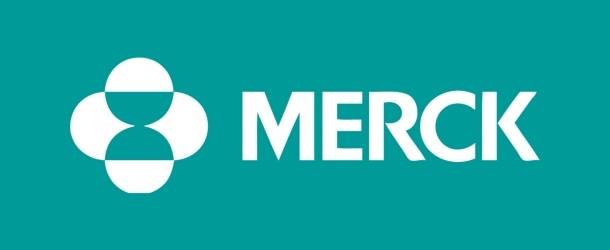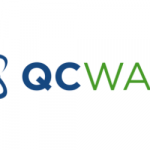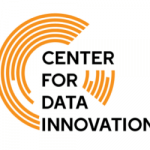How Merck Is Working With ‘Digital Quantum Computing Company’ Seeqc

(VentureBeat) The approach to quantum by pharmaceutical giant Merck offers a clear-eyed roadmap for other enterprises to follow. The company is taking a cautious but informed approach that includes setting up an internal working group and partnering with quantum startup Seeqc to monitor developments while keeping an open mind.
According to Philipp Harbach, a theoretical chemist who is head of Merck’s In Silico Research group, a big part of the challenge remains trying to keep expectations of executives reasonable even as startup funding to quantum soars and the hype continues to mount. “We are not evangelists of quantum computers,” Harbach said. “But we are also not skeptics. We are just realistic.. . . ”
Part of the role of the In Silico Research group is to develop those models that can solve quantum problems using evolving technologies such as data analytics and AI and applying them to natural sciences to make experimental work less time-consuming.
About 3 years ago, Merck decided it was time to start educating itself about the emerging quantum sector. The company’s venture capital arm, M Ventures, began looking within the company for experts who could help it with due diligence as it began to assess quantum startups. That included mapping out the players and the whole value chain of quantum computing.
That led to the formal creation of the Quantum Computing Task Force, which has roughly 50 members who try to communicate with quantum players large and small as well as peers among Merck’s own competition.
As part of that exploration, M Ventures eventually began investing in quantum-related startups. In April 2020, the venture fund announced a $5 million investment in Seeqc, a New York-based startup that bills itself as the “Digital Quantum Computing” company.
Seeqc is developing a hybrid approach that it believes will make quantum computing useful sooner. The idea is to combine classical computing architectures with quantum computing. It does this through its system-on-a-chip design.
“We have taken much of the complexity that you’ve seen in a quantum computer and we’ve removed almost all of that by building a set of chips that we’ve designed,” Levy said.
Just as important is a philosophical approach Seeqc is taking. It’s not building a general-purpose quantum computer. Instead, it plans to build application-specific ones that are tailored specifically to the problems a client is trying to solve. Because Seeqc has its own chip foundry, it can customize its chips to the needs of application developers as they create different algorithms, Levy said.
In that spirit, Merck’s Quantum Computing Task Force is working closely with Seeqc to create viable quantum computers that can be used by its various businesses.





















